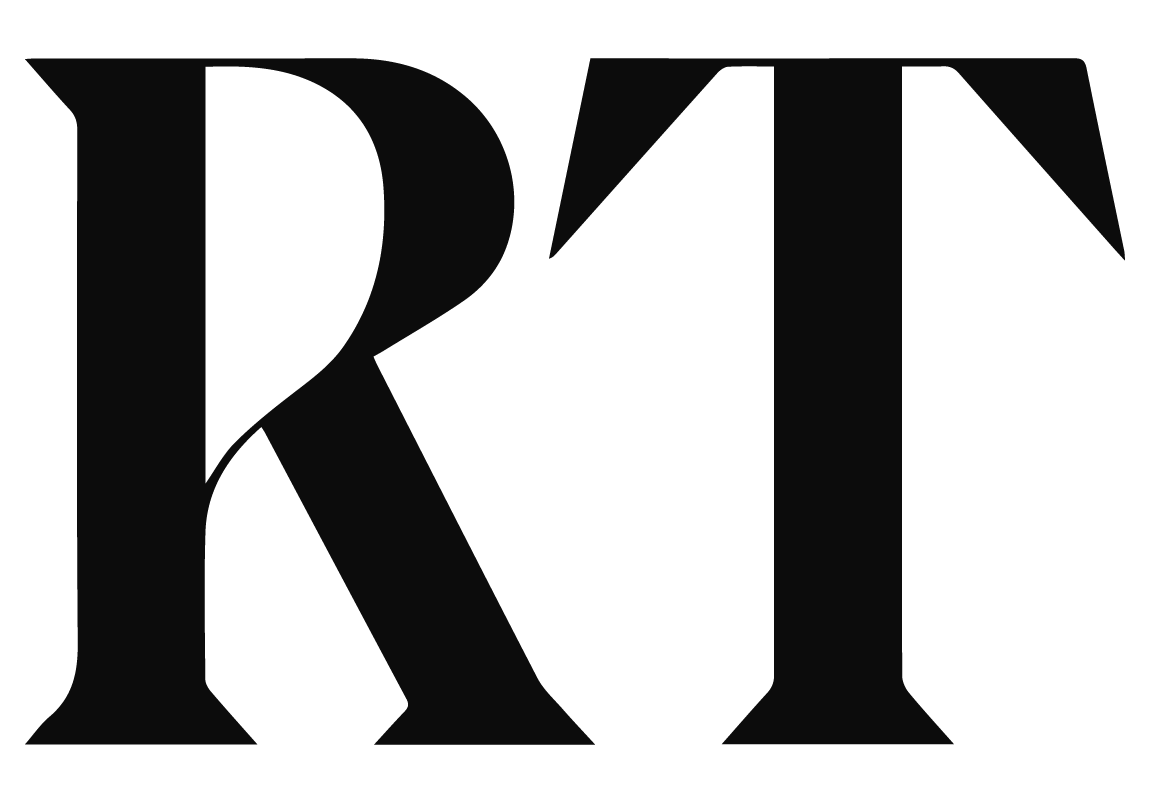The Brand That Cried Activism
Throw out your 'Future is Female' t-shirts! Because capitalism only wants to commercialise our social movements.
This morning I woke up feeling guilty. Guilty for buying an H&M t-shirt with the word ‘Feminist’ on it, guilty for eating a burger the night before (the meat industry is a bitch), and guilty for owning shoes that were made in sweatshops with materials that are harmful to the environment. On the surface, these may come across as strange, albeit seemingly ‘privileged’ things to feel bad about. But, I can't help but wonder if my integrity and values as a creative, feminist, and Progressive Black Woman are being compromised by these things. Can I truly care about– and be an advocate for– women’s rights, human rights and the environment if my clothes are made in sweatshops, and if I indulge in things that are harmful to the environment? The truth is, capitalism infiltrates everything: not only our daily lives and how we behave, but also the social movements and ideologies we hold dear to our hearts (such as Feminism).
Andi Zeisler, author of We Were Feminist Once, has spent 20 years researching the relationship between feminism and popular culture. Most recently, her research has focused on the buying and selling of ‘feminism’. In a fantastic podcast by Refinery29, titled Strong Opinions Loosely Held, Zeisler explains that: “There’s a way in which products marketed to women are marketed with this language of ‘empowerment’. [They say] 'you’re a woman, you’re fantastic and therefore you should be using our product’. It frames feminism as a sort of individual quality that any woman can possess, rather than as a very relevant, very unfinished social and political movement.” She refers to this commercialisation of feminism as ‘marketplace feminism’, the “act of harnessing the language, the imagery, the associations of feminism for strictly capitalist purposes.”
Christian Dior, ss17
Personally, I have always felt uneasy after seeing ‘outspoken Instagram kids’ – the kids who challenge racial and gender discrimination in their captions and in their safe space collectives– jump for joy because they ‘partnered’ with so-and-so brand on an advertising campaign. In said new campaign, Cool Instagram Kid will be speaking vehemently about intersectional feminism, equal pay for equal work, or maybe even Black empowerment.
At first glance, it seems genuine enough. However, the truth is, many of these major companies don’t pay their female employees fairly, exploit workers outside of American and European borders, use their economic power to lobby against policies that are best for the people, and go silent when another unarmed Black man is murdered by the police. Bottom line: these companies don’t give a shit about us or the issues we care about. They take our social movements and ideologies, package them into glossy, marketable products and sell them back to us and the world, without caring to do any of the work that comes with true activism. The sole purpose of these products and campaigns is to put more money into [insert white guy’s name]’s pockets.
Think Pepsi– earlier this year, they tried it with that shameful ad which simultaneously trivialised police brutality and glorified the ‘white saviour’ in the form of Kendall Jenner. Yet, has Pepsi ever stood in support of a single black man or woman who was brutally murdered by the police? No. There isn't even a single Tweet in sight.
Let’s also take the recent fuckery perpetrated by L’Oreal. For a makeup campaign focused on ‘diversity’, they hired Black transgender model Munroe Bergdorf. Days after, they fired Munroe because of a post on her Facebook page, in which she spoke strongly about white privilege and the complicity of white people in structural racism. L’Oreal let the world know of their decision to fire Munroe via a sad, heinous tweet. In an article for the Independent, Otamere Guobadia put it perfectly: ‘[L’Oreal] wanted Munroe’s transness, her blackness, her womanhood and all of the glory and the capital gain of her 'diversity' with none of the corollary activism and resistance that comes with her identity.’ For brands like L’Oreal, diversity is nothing more than a disposable marketing gimmick– cool to use when it’s convenient and ‘on trend’ but useless the second it demands the actual work that comes with eradicating race and gender inequality.
It's easy to call out these companies but the truth is, a lot of us make our daily bread by working with them or with companies similar to them. After all, we need to get paid and that’s what they provide. And because we’ve been conditioned to consumerism, we also get a kick out of wearing or using products by these brands. Therefore, it would be unrealistic to demand that we stop all interaction and involvement with every major brand that doesn’t practise what they preach. We live in a capitalist economy, and capitalism infiltrates everything– no matter how hard you may try to sit outside of its implications. However, I do think it’s important that we actively start to ask the right questions: can I truly be activist or agent for social change if my sneakers were made in sweatshops? How can I minimise my involvement with brands that don’t practise what they preach? Who are the brands that don’t practise what they preach? Should I really share the video campaign I did with [insert fake ass brand here] on my social media page?
By asking the right questions, we’ll become conscious of the totality of each decision we make, and in turn maximise the work we’re doing in our daily lives to dismantle discrimination and systematic oppression.
Stay woke y’all.
Love our work? Consider ordering a copy of Issue 02 here


